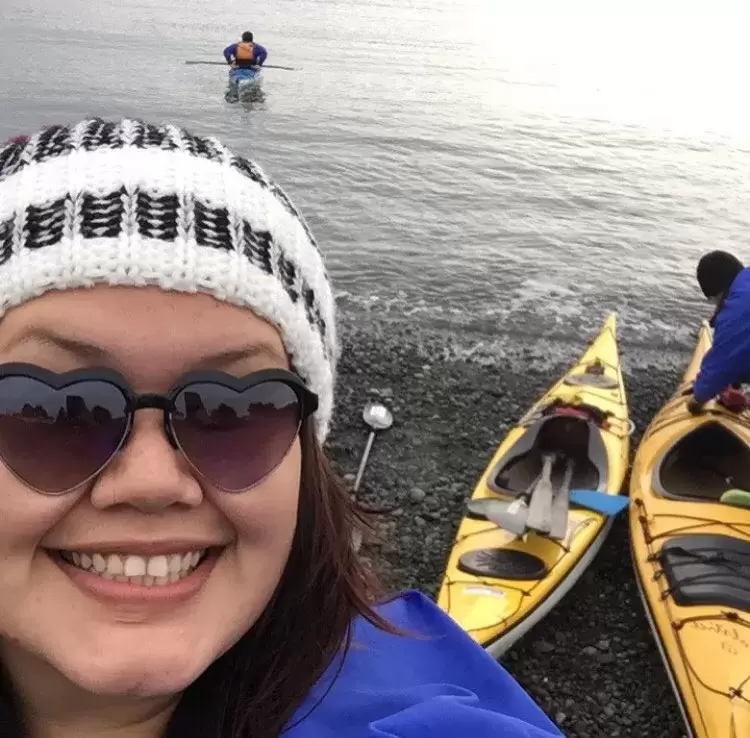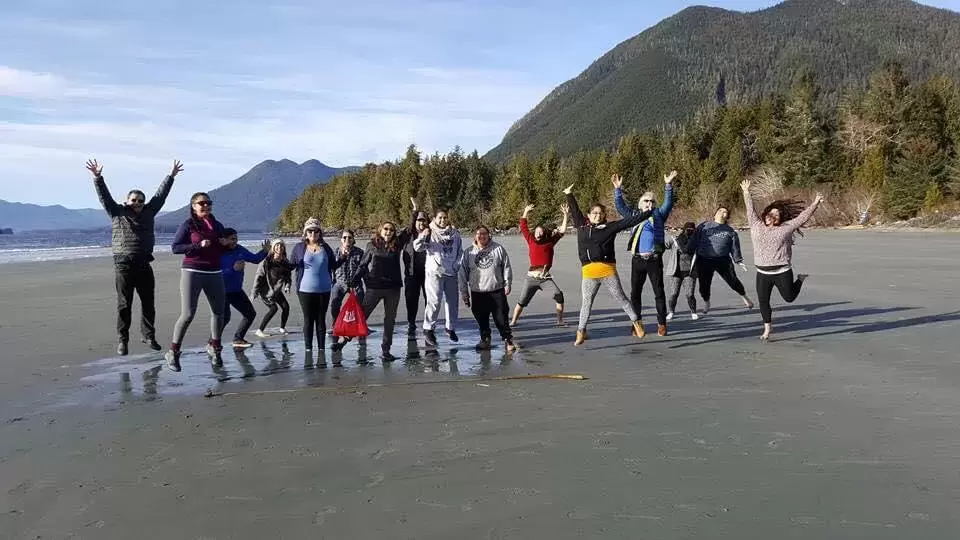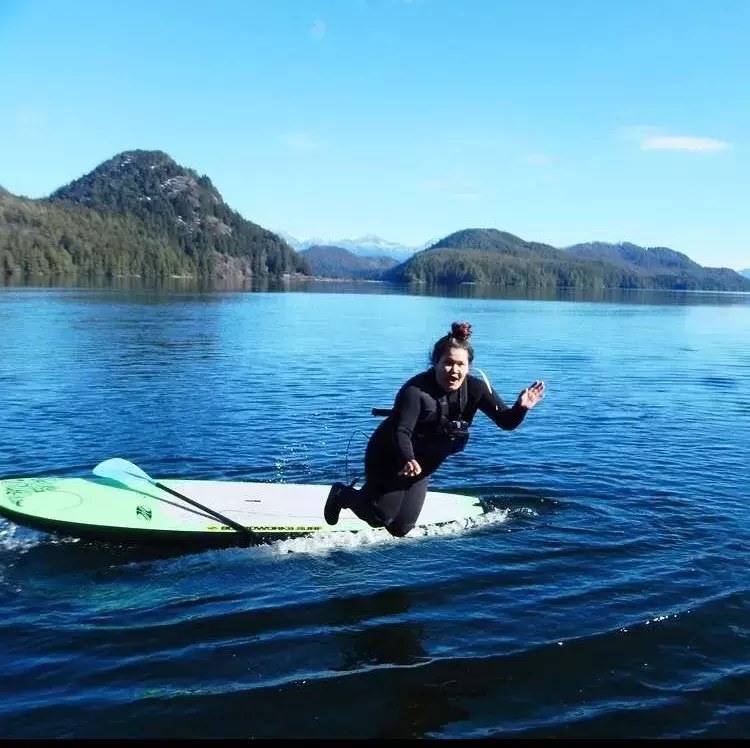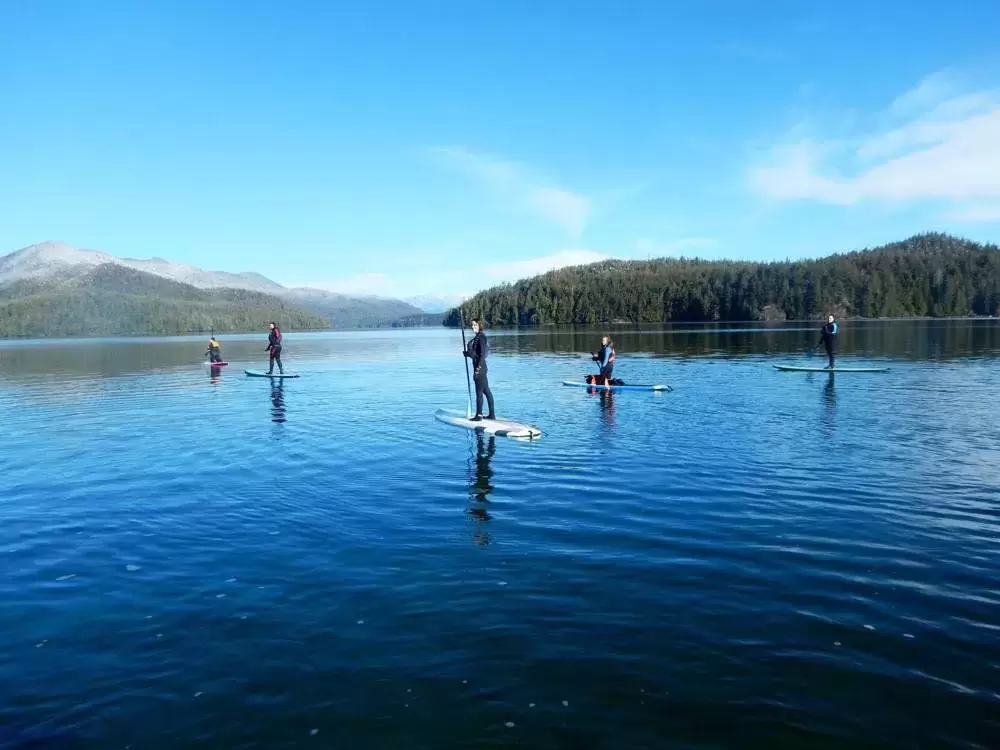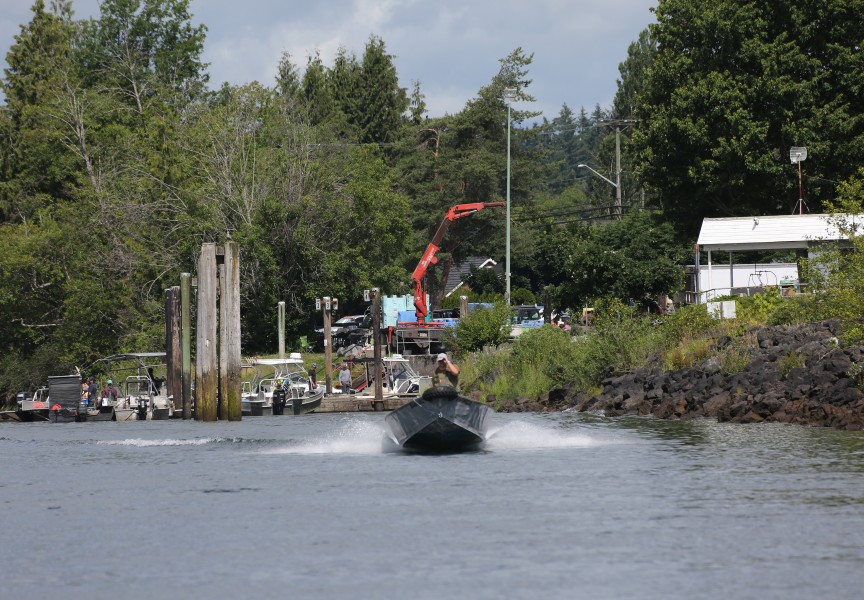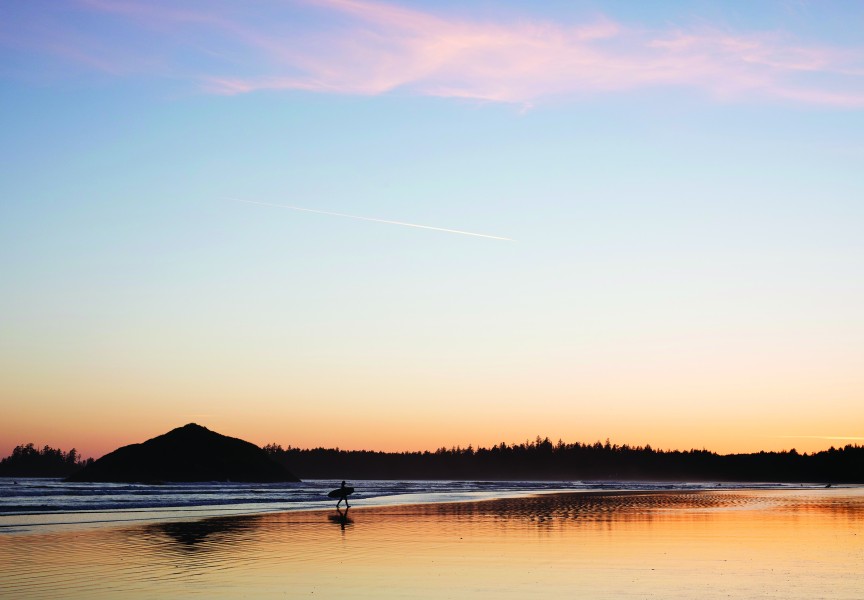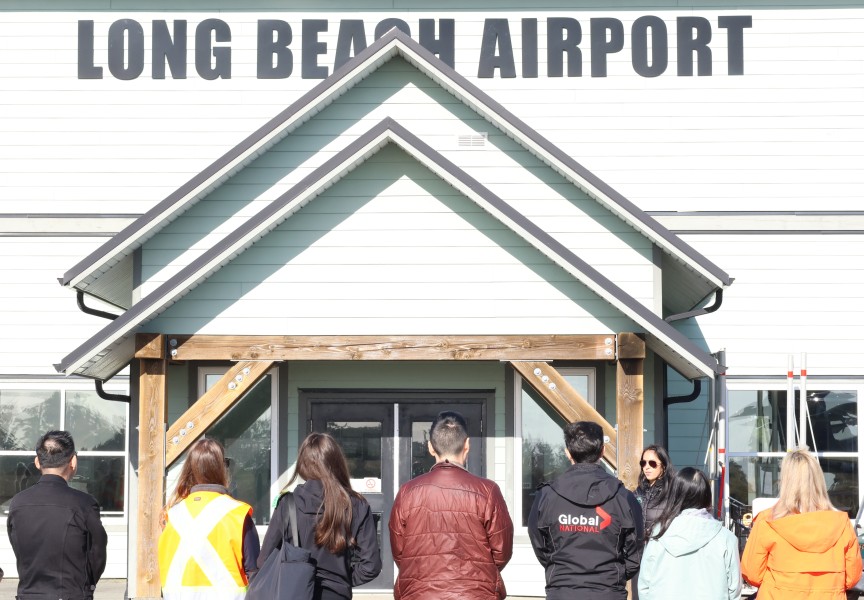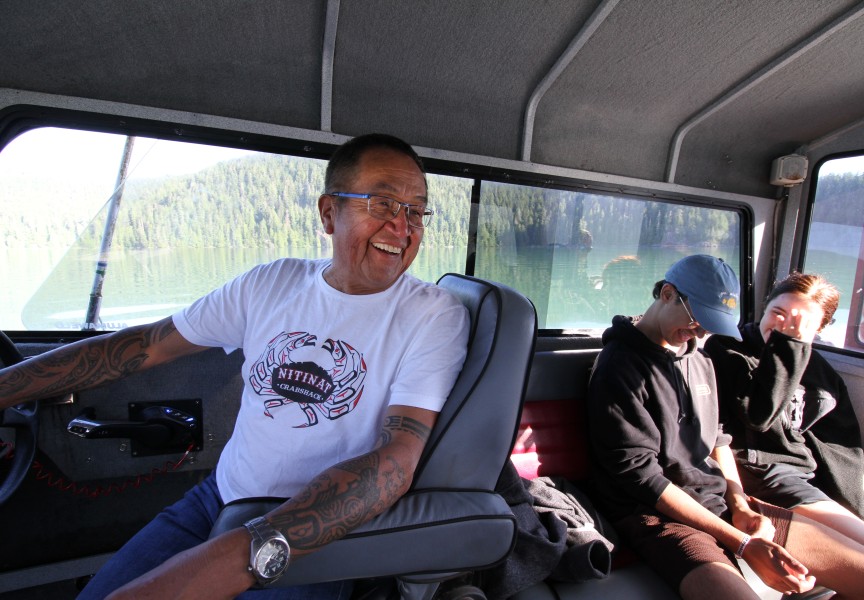Members from Ahousaht First Nation are being encouraged to apply to the Indigenous Ecotourism Training Program, which will be running its fifth cohort of participants from January to July.
Developed in partnership between Vancouver Island University (VIU), Heiltsuk Tribal Council and North Island College (NIC), the program aims to give students skills for employment within B.C.’s Indigenous tourism sector.
Fourteen successful participants from six First Nation communities, including Ahousaht, will be brought together for up to 10 days each month to complete the academic and field-study work focused on sustainable tourism.
“You get to learn about your own neighbourhood, your own people and affirm who you are,” said Kathy Brown, the program’s community coordinator. “It’s quite intense, but it’s also a lot of fun and you get to make friendships for life.”
The program will run online until participants are allowed to meet in person. VIU and NIC have strict COVID-19 protocols that have allowed the institutions to continue delivering outdoor tourism programs safely, said Brown.
While it may mean less travel than years past, Brown said the program would adapt to the changing circumstances surrounding the pandemic.
Tanis Campbell completed the program in 2017.
Despite being from Ahousaht, the 26-year-old had only ever made it to the third beach along the Wild Side Trail, which draws hikers from across the world.
During the heritage interpretation component of the program, Campbell sat with community members who worked on the trail and told participants’ stories behind the medicine man and the Sitka tree bridge.
“I learned a lot about where I live,” she said.
Natasha Charleson was in the same cohort as Campbell. At the time, the now 30-year-old said she felt really disconnected from her culture.
After being encouraged to apply by her cousin, who was a recent graduate, Charleson was accepted to the “life changing” program.
“It connected me back to my culture,” she said. “I felt more grounded to who I was.”
In developing friendships with the other participants in her cohort, the Tsehshat woman said her family grew.
“You really step outside of your bubble,” said Charleson. ““I truly found myself again.”
The fully funded program provides gradates with 37.5 transferrable university credits, along with wilderness first aid training, paddling and guiding skills as well as an introduction to tourism marketing and planning for community economic development.
Open to participants 19 years and older, Brown said the program bolsters self-esteem.
While some graduates have carried on to study tourism at VIU and NIC, for others, “it opened their eyes and gave them that confidence to move into other areas of learning,” said Brown.
Campbell said she has been encouraging her family in Ahousaht to apply in hopes that they too will learn more about their territory.
“If I could do it again, I would,” she said.

